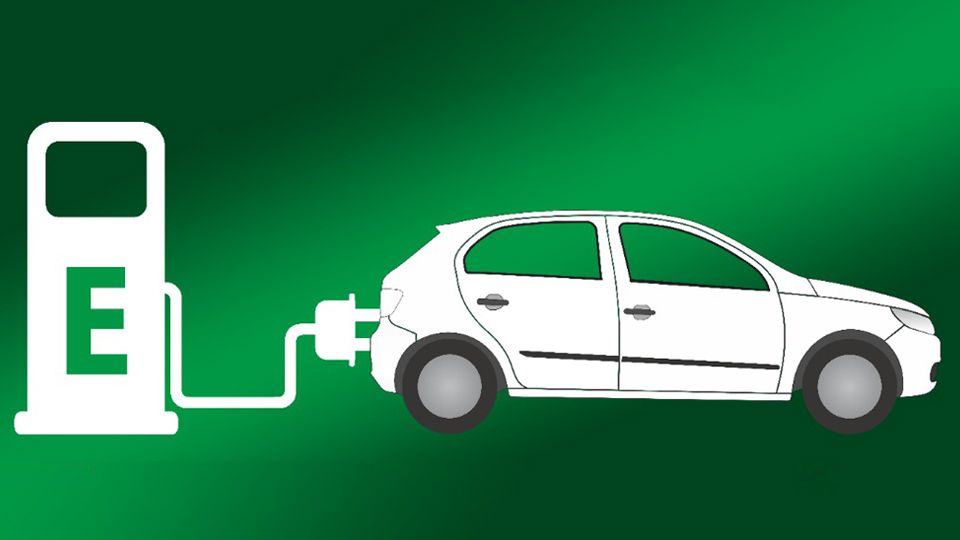Towards Electric Transportation
Battery-powered electric vehicles have begun to act as a vital agent in the automotive industry nowadays. The popularity of electric vehicles has been increasing in recent decades because a more inclusive emphasis has been settled on clean energy alternatives to traditional fuels.
There is an increased interest in the research and development of batteries used in electric and hybrid vehicles due to the high request for fossil fuels in international businesses besides the aggravation of environmental problems caused by the enormous emission of greenhouse gases. The novel batteries represent a solution for the future in the transportation area regarding the great interest in reducing combustion pollutants.
Currently, lithium-ion batteries are one of the significant technologies in battery-powered electric devices. The dominant battery technology in such devices uses lithium-ion cells in which positively charged lithium ions are transported by a liquid electrolyte from the anode to the cathode through a separator.
Li-ion batteries with a combination of advantages such as high energy and power density have become a superior technology for hybrid electric vehicles and portable electronics. If the usage of electric vehicles overcomes a vast amount of gasoline-based transport, Li-ion batteries will seriously restrict greenhouse gas emissions. Li-ion batteries are of intense interest from industry and battery manufacturer.
Li-ion batteries have certain fundamental advantages over other chemicals:
⦁ The lowest reduction potential of Li ion in comparison with other elements and hence Li batteries have the highest possible cell potential.
⦁ Li-based batteries have high gravimetric and volumetric capacity and power density.
⦁ Adequate mobility and ionic diffusion in the solid electrodes.
To produce an upgraded version of lithium-ion batteries with improved features, future battery designs should move towards the modification of batteries at the level of the composing materials and ingredients. From the perspective of sustainable development goals, efficient and environmentally favorable electrode materials are highly advisable. Electrodes composed of organic materials are promising candidates to fabricate novel cathodes and their operation is based on the redox reactions of organic components to store energy.
Li-ion batteries: One of the most prominent future battery technologies
Nanoscitec battery team intends to produce new hybrid batteries using a novel generation of polymeric platforms by imitating the architecture of natural photosynthetic dyes with superior electrochemical features. This kind of polymer material presents lower toxicity, lower cost, and fulfilling sustainable energy storage requirements.
One group of these materials are from the family of covalent organic frameworks (COFs), which are analogous to highly porous metal-organic frameworks (MOFs) with incredible features. COFs lack heavy metal ions and provide high surface area, high porosity, low density, and a high potential for energy storage applications. The highly tunable features of COFs enable us to design a novel generation of COF platforms using bio-based units. Furthermore, this kind of synthetic COFs can present a way to control and optimize material properties to overcome some inherent electrochemical limitations and develop a new generation of Li-ion batteries. They possess high and permanent structural porosity, providing rapid charge diffusion and high surface area. The crystalline and long-range ordered structure of COFs can prevent undesirable exciton recombination and trapping. Hence, COFs, in the overall view, are convenient options for use in photoactive polymeric platforms and electron generation processes and suitable for applying in Li-ion batteries.
NanoSciTec company has focused on developing, manufacturing, and marketing different battery types such as lithium-ion batteries, Silicon batteries, rechargeable batteries, and similar products for customer, industrial, and automotive applications. Our company follows high-standard criteria, including high capacity battery production, standard customer batteries, long lifecycle batteries. We work to providing first-class, safe, and environmentally friendly clean energy products to our clients.


